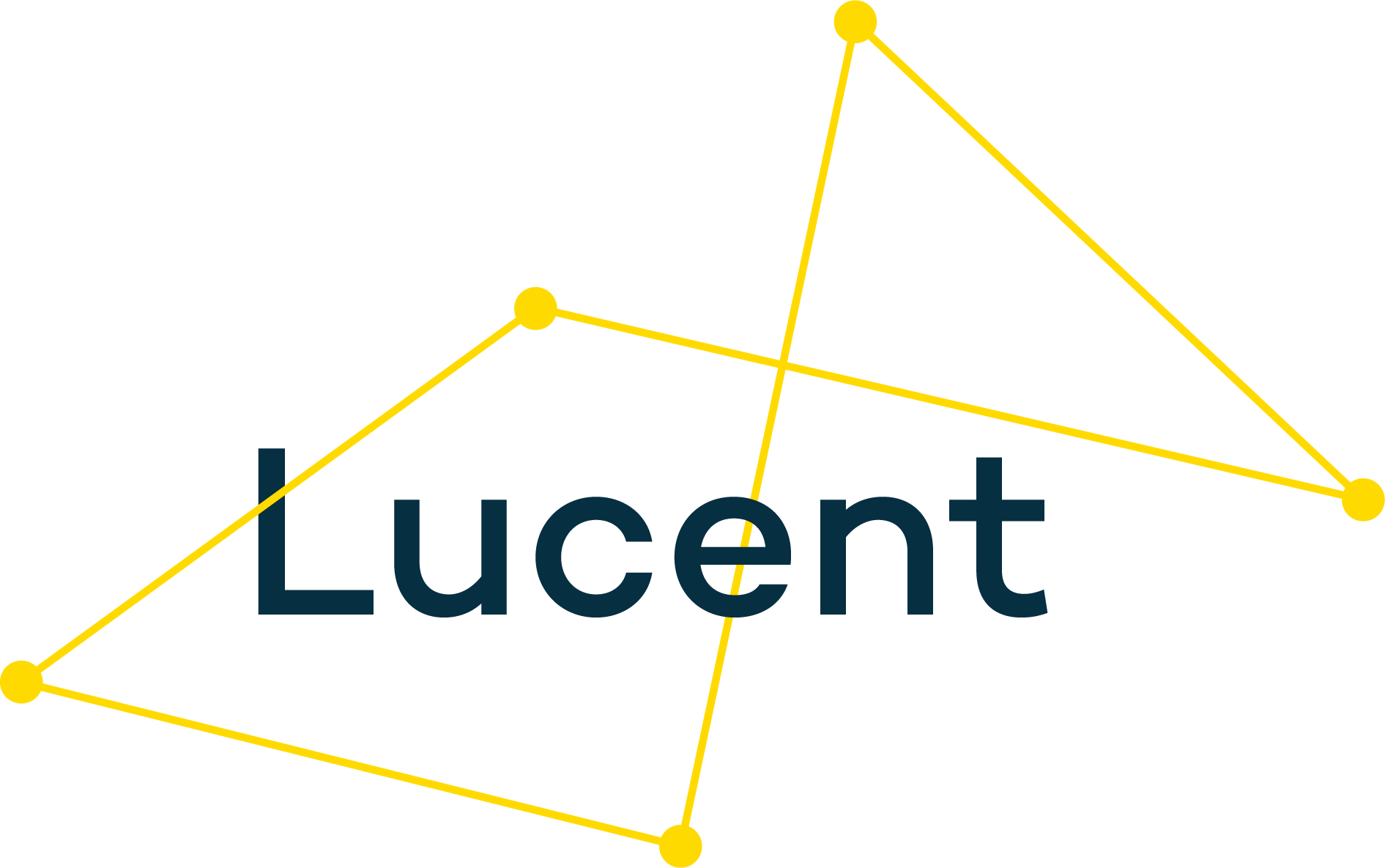Lucent's approach to equity, diversity and inclusion
We weave work on equity, diversity and inclusion (EDI) into our strategy work. For example, we might support you to identify who your organisation serves, how representative your board and team are as well as how inclusive your working environment is. Wherever you are on this journey towards EDI our job is to support and challenge you to take the very next step - whether that is extending your reach, improving representation or shifting your practices to enable all your communities to shape and access your services.
We learn with our partners. We do not pretend to be experts but recognise that identity is complex and the impact that discrimination has had on your people and the communities you serve will be as individual as the people themselves. Find out more about our approach below.
Work on strategy and work on equity are at their most powerful when done together and that is why we weave equity throughout strategy methodology. This is a response to the organisations we work with who want to make the world a better place. It is self-evident that work on social impact requires work on equity, diversity and inclusion.
And yet, too often, even in social change organisations whose focus is on justice, considerations of equity, diversity and inclusion are bolted on. Experience tells us that where EDI is not core business with clear priorities that drive daily activity, it is neglected or left undone. By the same token, work on EDI needs to be strategic. And even within that term there are complexities.
What we mean by EDI
We know that people bring very different understandings of EDI to the table, and establishing common understanding and a common language can be an important part of the change process itself. At Lucent, we understand equity to be a focus on people’s life chances and outcomes; and given that homophobia, transphobia, racism, sexism, ageism and ableism are deeply rooted in our society, it requires work that is actively anti-discriminatory.
Diversity requires you to look at who you serve, who leads your organisation and who you engage as volunteers. Many organisations look to legally defined “protected characteristics” first to help monitor who they are reaching and not, while others add measures such as socio-economic background to the mix.
We understand inclusion to refer to the behaviour of individuals in your organisation – raising the question about how inclusive you are in your actions, not just your words. Given these many levels, it is not surprising that work on EDI needs a compelling ambition, a clear motivation and a series of achievable but stretching short-, medium- and long-term goals. And it also needs to be comprehensive and cover both internally facing issues – such as staff and board representation – and externally facing ones – who you reach, how your programmes are designed, your organisational focus and priorities.
We work with those who want to leave their organisations, and ultimately society, in a better position than they inherited. We want to help leaders move beyond a sense of shame about past inaction or lack of knowledge and offer support to those who simply don’t know where to start.
Identity is complex
We recognise that while diversity is often spoken of in binary terms, identity is complex. No two people have the same identity, background and life story and we all experience a mixture of relative privilege and oppression. Our identities can change over time and, at points in our lives, different elements of our identity can feel more or less important. The goal is to ensure that service users, staff and board members can be their whole, full selves when in contact with your organisation.
Lucent has experience working on age, gender, race, religion and belief, sexual orientation, gender identity and disability - we know that all strands have distinct histories and manifestations. Our experience shows us that increasing diversity, combating discrimination and developing strategy at the same time has a positive multiplier effect. And while it might seem like tough work at the beginning, those organisations who put both into action reap rewards and create a virtuous circle whereby, for example, a more diverse staff can help accelerate programmatic diversity and impact.
Taking the next step towards equity and justice
Both strategy and EDI require you to get underneath the skin of your daily work to identify underlying assumptions and biases. Terms such as meritocracy, cultural fit and risk can mask long-standing prejudices, operate as code for what is familiar, and reinforce discriminatory practices. Discussions about “hard to reach groups” problematise people and often ignore the reality that it is the institutions themselves that are “hard to understand and access”.
We feel this keenly because we are on our own journey. For example, in our early days, Lucent focused more on the strategy side and were conscious of a gap to fill on the EDI side. We continue to add skills and experience in this area and regularly share resources to help others develop their practice – for example, you can find resources for funders who want to develop their anti- racist practice here and you can find resources for those who want to support feminist causes here.
Prioritising work on inclusion has distinct benefits too. Taking even small steps – for example, to deliver inclusive events - will help you build new organisational muscles and competencies. In time, it will give you the confidence to be honest about what you don’t know and to recognise that, because this work is ultimately about human relationships, it will never be “done”.
